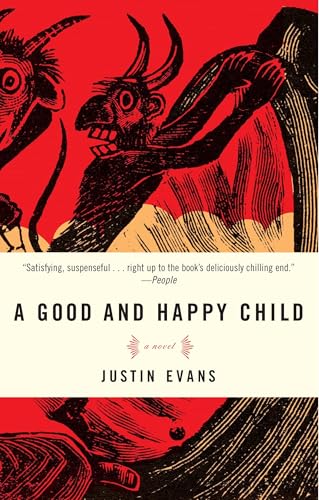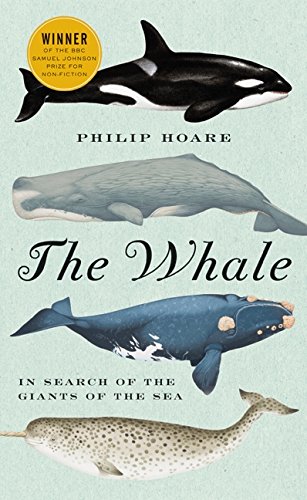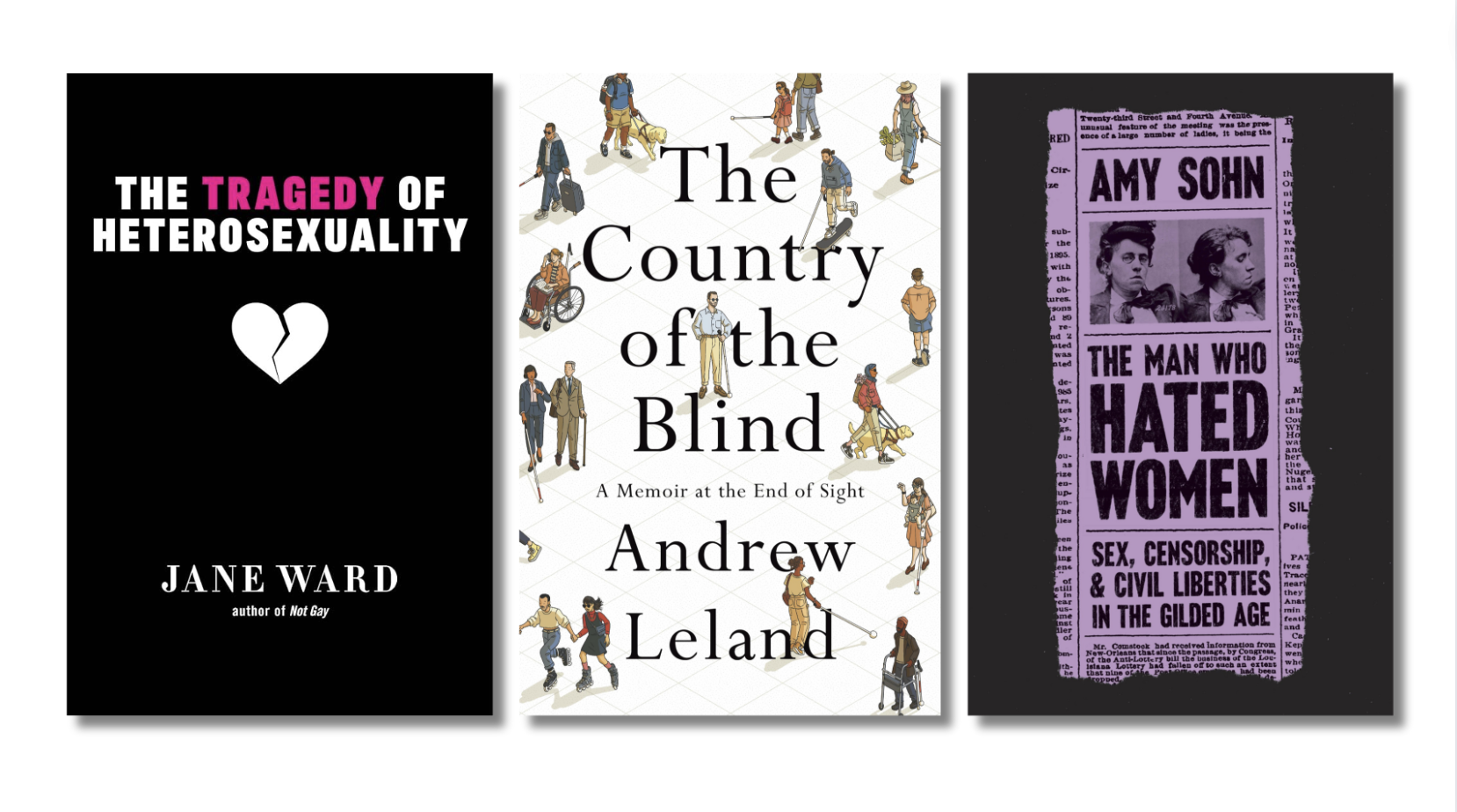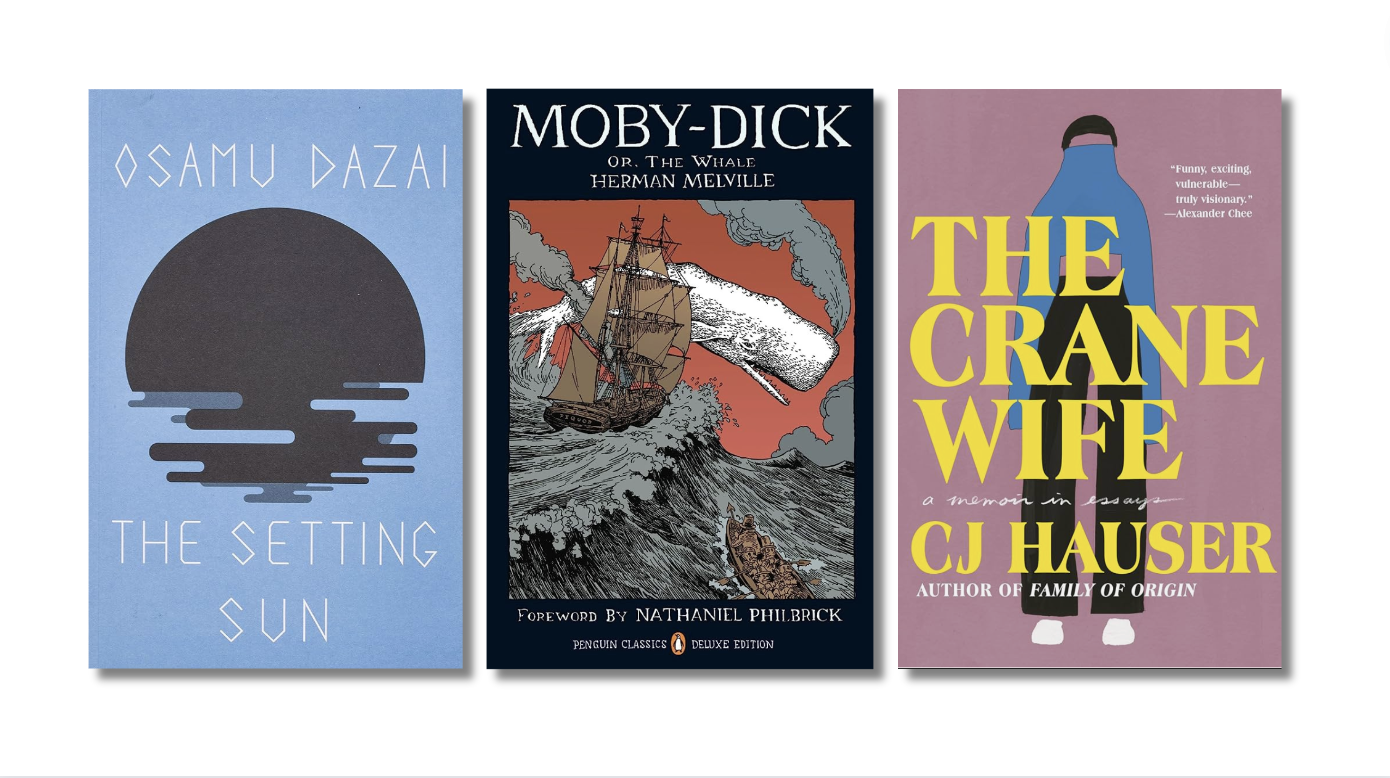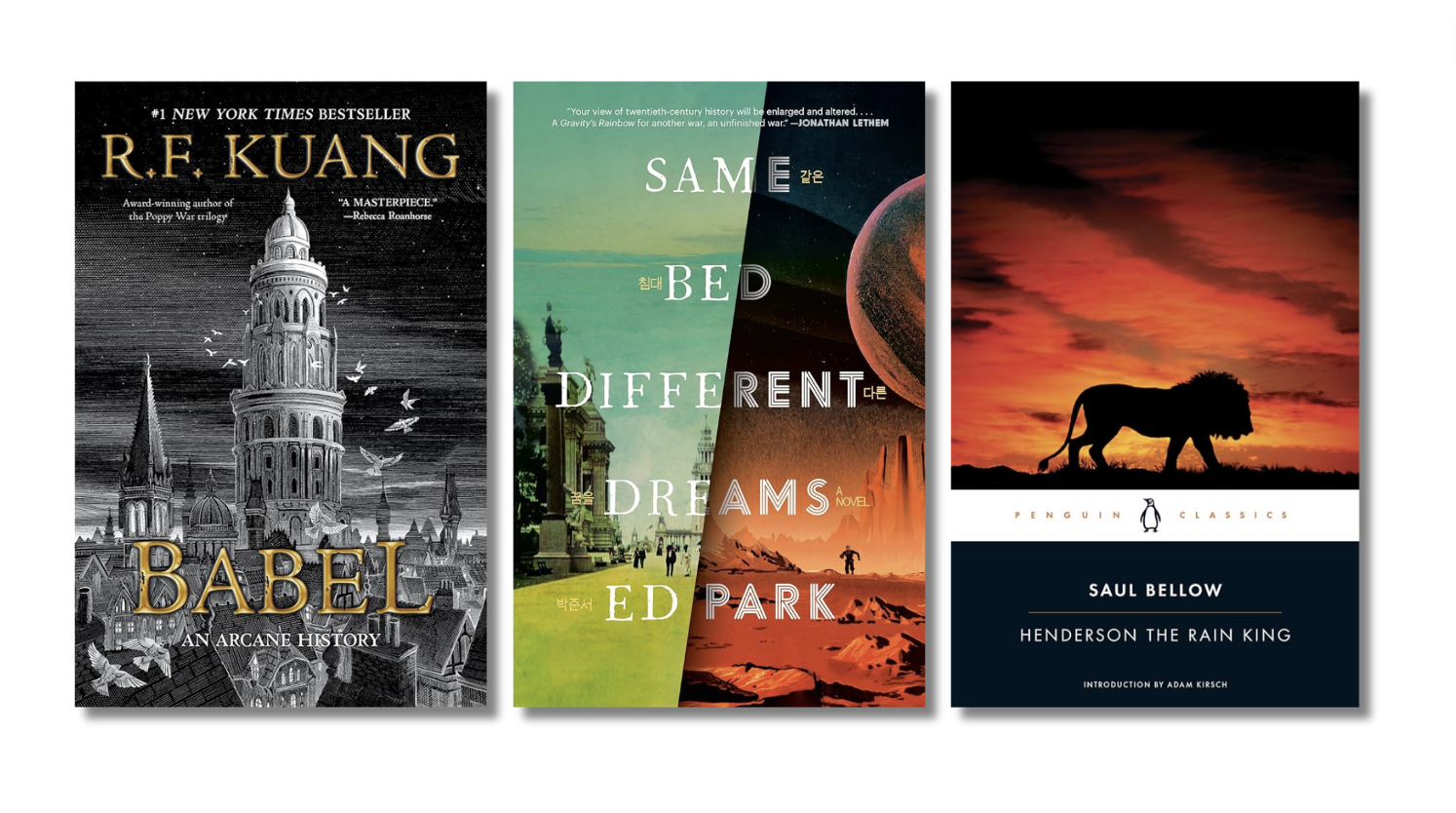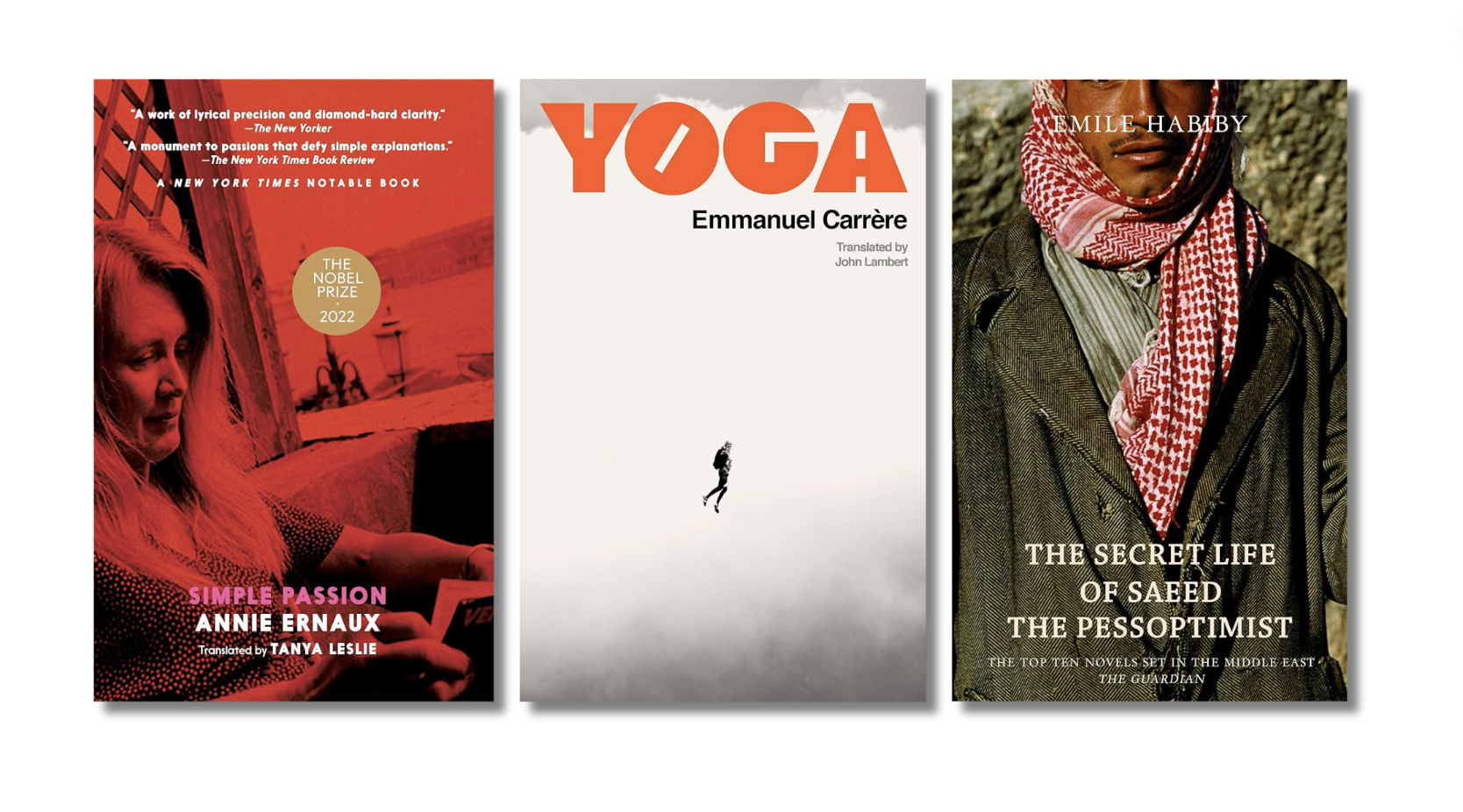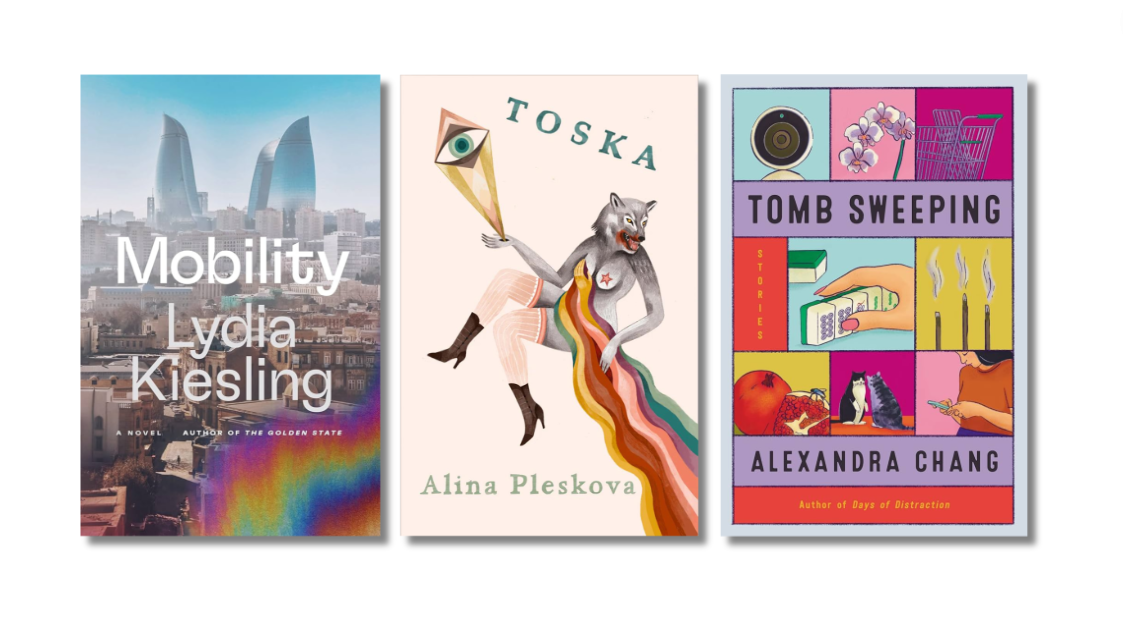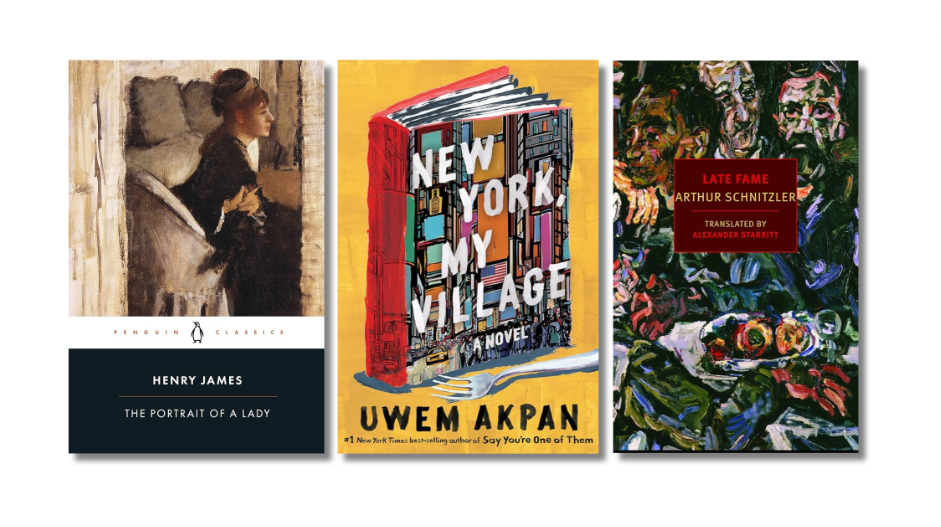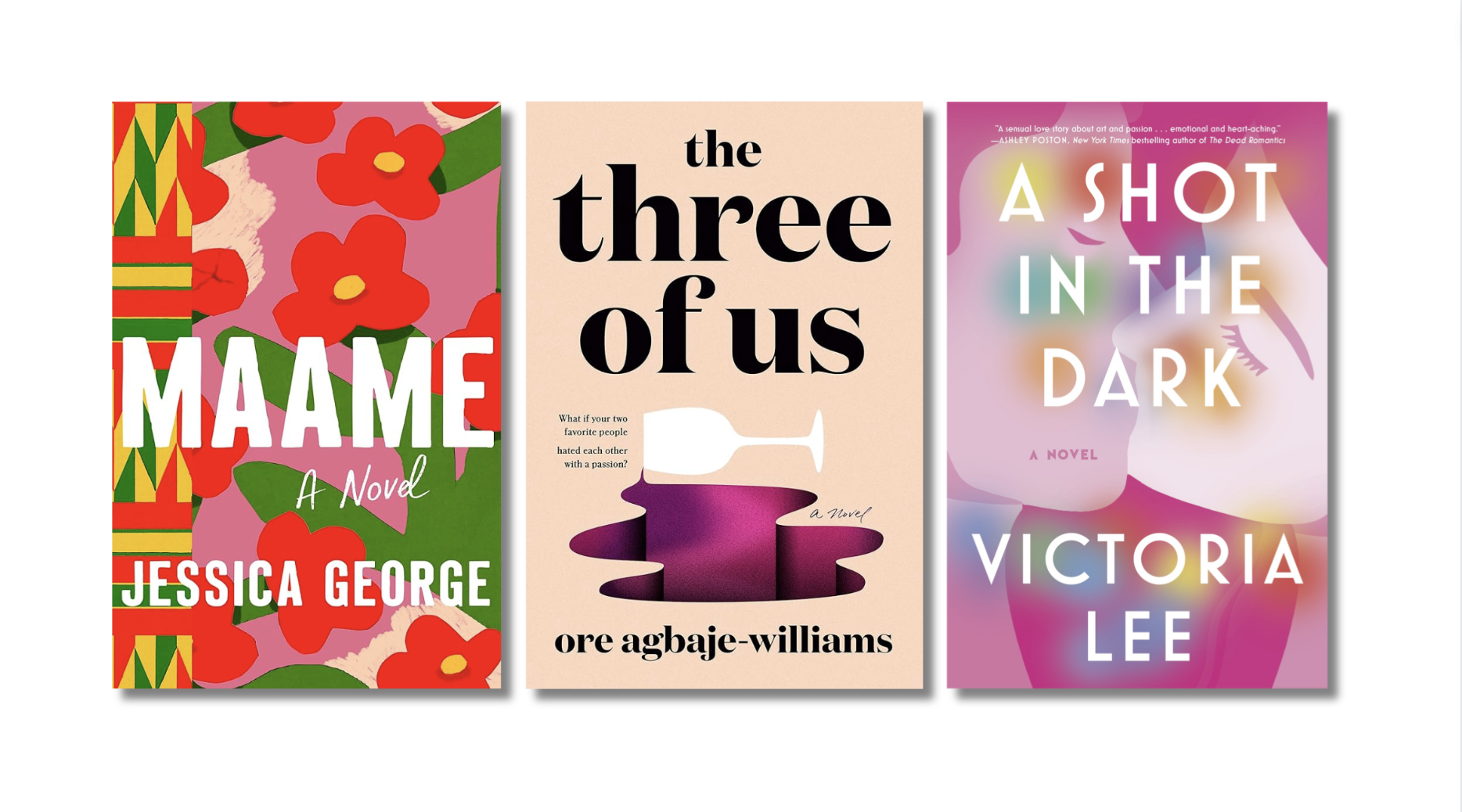During my sophomore year at Columbia, I found myself very unhappily in love. My love melancholy made reading and writing nearly impossible and my aversion to books and writing made me even more depressed. I stopped going to class, wandered around Central Park instead, chainsmoked in my room, left school for two weeks without letting anyone know. In retrospect, it seems strange that the escapism inherent in reading did not console me—that I had to learn again, had to be taught to find the consolations of the book. “The answer to all of your problems is on the next page,” a friend told me. And with that mantra—that the ultimate solace might be on the next page, in the next chapter, the next volume—I (more or less) made it through the slough of despond and the semester. Certain virulent strains of melancholia, though, resist this self-hypnosis (not to mention the tawdrier chestnuts of book-lover merch: “A book lover never goes to bed alone,” “We read to know we are not alone”). And in the past year, downhearted and listless again, most books have left me cold. But a few pulled me out of myself.
 Among those: Elif Batuman‘s The Possessed, Terry Castle‘s The Professor, Justin Evans‘ A Good and Happy Child, Philip Hoare’s The Whale. These are books to counter the listlessness: tales of possession and obsession—romantic, intellectual, cetological, demonic. Elif and Terry’s books are the first of what I hope (but doubt) will be a new era in literary scholarship. Batuman and Castle take the subjects of their essays personally (Isaac Babel, Leo Tolstoy, Fyodor Doestoevsky, Art Pepper, Susan Sontag) and the result of this entwining of personal and literary history is stunning. The insight that Batuman and Castle share is that the personal, the autobiographical, does not diminish intellectual arguments and aesthetic observations—it gives them more depth and resonance. In other words, ethos and logos can only get you so far. Pathos (only connect!) is the ultimate rhetorical tool. These books are also killingly funny and even frightening: Unbeknownst to many of themselves, artists and scholars are one of humanity’s most ridiculous and sinister subspecies and The Professor and The Possessed sketch these oddfellows (self portraits included) in all of their glory, absurdity, and monstrosity. Beautiful minds and black hearts abounding.
Among those: Elif Batuman‘s The Possessed, Terry Castle‘s The Professor, Justin Evans‘ A Good and Happy Child, Philip Hoare’s The Whale. These are books to counter the listlessness: tales of possession and obsession—romantic, intellectual, cetological, demonic. Elif and Terry’s books are the first of what I hope (but doubt) will be a new era in literary scholarship. Batuman and Castle take the subjects of their essays personally (Isaac Babel, Leo Tolstoy, Fyodor Doestoevsky, Art Pepper, Susan Sontag) and the result of this entwining of personal and literary history is stunning. The insight that Batuman and Castle share is that the personal, the autobiographical, does not diminish intellectual arguments and aesthetic observations—it gives them more depth and resonance. In other words, ethos and logos can only get you so far. Pathos (only connect!) is the ultimate rhetorical tool. These books are also killingly funny and even frightening: Unbeknownst to many of themselves, artists and scholars are one of humanity’s most ridiculous and sinister subspecies and The Professor and The Possessed sketch these oddfellows (self portraits included) in all of their glory, absurdity, and monstrosity. Beautiful minds and black hearts abounding.
 Philip Hoare‘s The Whale entwines the scholarly and the autobiographical on a grander scale (appropriate to its leviathan subject). His book is a rich and eccentric encyclopedia of the whale and simultaneously a memoir of his lifelong love of the whale. The book is clearly a product of monomania, but it’s a beautiful, generative, mystical sort (not Ahab’s) and it wears its scholarship lightly: Hoare’s is an intensely learned book but it feels buoyant, numinous—his singularly nuanced chapters on Melville’s life and work, for example, read like personal essays even as they are laden with the weightiest of Melvilliana.
Philip Hoare‘s The Whale entwines the scholarly and the autobiographical on a grander scale (appropriate to its leviathan subject). His book is a rich and eccentric encyclopedia of the whale and simultaneously a memoir of his lifelong love of the whale. The book is clearly a product of monomania, but it’s a beautiful, generative, mystical sort (not Ahab’s) and it wears its scholarship lightly: Hoare’s is an intensely learned book but it feels buoyant, numinous—his singularly nuanced chapters on Melville’s life and work, for example, read like personal essays even as they are laden with the weightiest of Melvilliana.
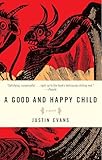 Justin Evans‘ A Good and Happy Child: While Evans’ debut novel was clearly written for adults, it put me in mind of John Bellairs‘ excellent children’s novel The Curse of the Blue Figurine. Demonic possession is the crux of Evans’ superbly plotted psychological thriller. The novel is at once deeply satisfying in the way of good genre fiction and intensely, lingeringly unnerving in a way that recollects Thomas Alfredson‘s film version of Let The Right One In. More proof that the supernatural can be genuinely provocative and interesting (see also: AMC’s The Walking Dead).
Justin Evans‘ A Good and Happy Child: While Evans’ debut novel was clearly written for adults, it put me in mind of John Bellairs‘ excellent children’s novel The Curse of the Blue Figurine. Demonic possession is the crux of Evans’ superbly plotted psychological thriller. The novel is at once deeply satisfying in the way of good genre fiction and intensely, lingeringly unnerving in a way that recollects Thomas Alfredson‘s film version of Let The Right One In. More proof that the supernatural can be genuinely provocative and interesting (see also: AMC’s The Walking Dead).
More from a Year in Reading 2010
Don’t miss: A Year in Reading 2009, 2008, 2007, 2006, 2005
The good stuff: The Millions’ Notable articles
The motherlode: The Millions’ Books and Reviews
Like what you see? Learn about 5 insanely easy ways to Support The Millions
